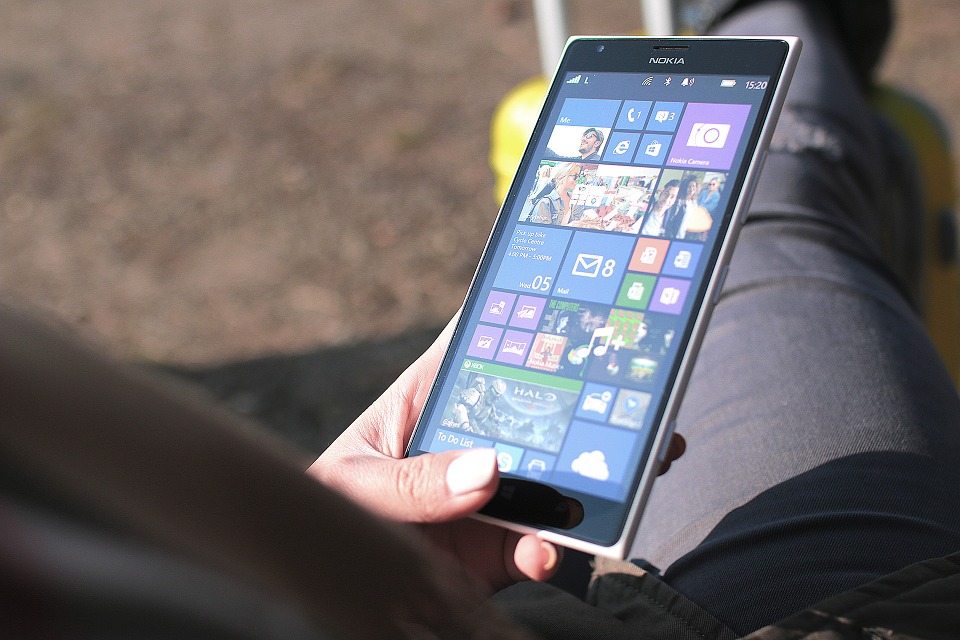 NEWS
NEWS
 NEWS
NEWS
 NEWS
NEWS
Windows Phone might not be entering a death spiral just yet, but its long-term prospects don’t look particularly great according to new data released by International Data Corporation (IDC).
In IDC’s latest Worldwide Quarterly Mobile Phone Tracker, the market watcher revealed that it’s forecasting a 10.2 percent decline in Windows Phone’s growth, pushing its overall market share down to just 2.2 percent.
This decline is a stark reversal from IDC’s earlier prediction that Windows Phone would grow by 34 percent in all of 2015, shipping a grand total of 46.8 million phones. At the time, IDC said the release of Windows 10, Microsoft’s universal operating system for every kind of device, would help to spur Windows Phone’s growth, but things haven’t panned out that way at all.
In actual fact, Windows Phone is not alone in experiencing slowing growth, although it does hold the dubious honor of being the only mobile OS to decline. IDC says the overall global smartphone market will see growth decline to just 9.8 percent this year. And while that might still sound like a healthy number, it’s considerably less so than the 27.5 percent growth the segment posted in 2014.
Unfortunately for Microsoft, things are likely to get worse for Windows Phone before it sees any improvement. IDC reckons its share will decline even further in 2016, although it refused to go out on a limb and provide any figures. The only bright spot in all of this is that IDC expects Windows Phone to post a 4.5 percent annual growth rate over the next five years.
In the meantime, Microsoft’s rivals continue to stretch their lead – Android will see 9.5 percent growth and claim 81.2 percent of the global smartphone market in 2015, while iOS is expected to post 15.8 percent growth and a 15.8 percent market share overall.
“Despite all the effort Microsoft has put in the launch of Windows 10, IDC does not expect Microsoft’s share of the smartphone OS market to grow much over the coming years,” the market watcher said in a statement.
Ramon Llamas elaborated further on Windows Phone’s failure in an interview with Computerworld, saying that the main factor was its failure to secure partner support from the bigger phone manufacturers. As a result, the only smartphone available that actually runs Windows 10 is the Lumia 950, which according to Llama has only received mixed reviews.
Windows Phone’s cause hasn’t been helped by Microsoft’s decision to focus Windows 10 on PCs and tablets, though Llama does predict that the company will eventually find partners willing to build smartphones running the new OS.
“I don’t see any vendor stepping up to the Windows Phone plate to say we will be a primary vendor of Windows Phone, although they might have it as secondary choice behind Android,” he said.
Support our mission to keep content open and free by engaging with theCUBE community. Join theCUBE’s Alumni Trust Network, where technology leaders connect, share intelligence and create opportunities.
Founded by tech visionaries John Furrier and Dave Vellante, SiliconANGLE Media has built a dynamic ecosystem of industry-leading digital media brands that reach 15+ million elite tech professionals. Our new proprietary theCUBE AI Video Cloud is breaking ground in audience interaction, leveraging theCUBEai.com neural network to help technology companies make data-driven decisions and stay at the forefront of industry conversations.